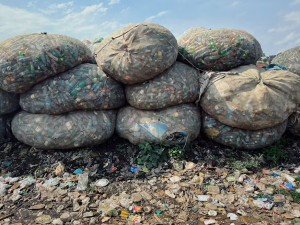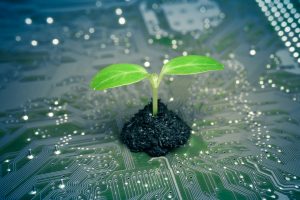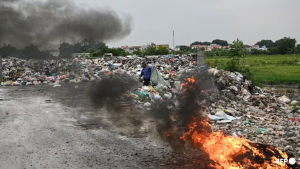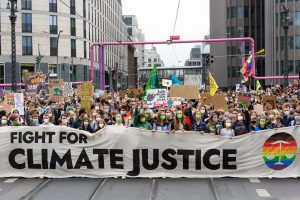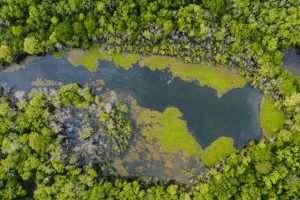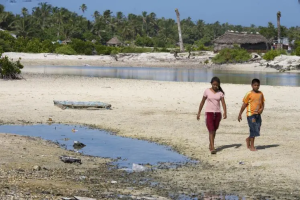
Climate Change and Human Mobility in the Global South
Fortifying houses, elevating homes, reclaiming land from rising seas, all in the effort to save Tuvalu, and above all, to stay on this Pacific Island State. This is what many Tuvaluans – activists, government officials, and citizens – prioritize despite climate risk media and donor narratives which suggest people have no option but to move to safer ground.
The relationship between climate change and human mobility cannot be reduced to a scenario of displacement and mass migration flows. The reality of climate immobility/mobility in Tuvalu and across the Global South is plural, and, above all, political, characterized by a drive to determine one’s climate im/mobility future, while at the same time often facing obstructions to do so.
Despite the plurality of ways in which the climate-mobility nexus manifests itself, the subject remains haunted by a stereotypical understanding of the climate migrant; often assumed to be a migrant that originates in the Global South and aims to move to the Global North.

